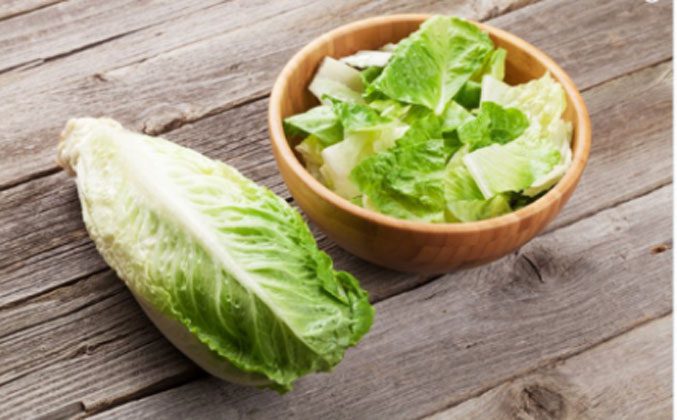
As Thanksgiving Day approaches, the Centers For Disease Control and Prevention in Atlanta has issued a nationwide alert about romaine lettuce.
Due to a “multistate outbreak of Shiga toxin-producing Escherichia coli O157:H7 (E. coli O157:H7) infections linked to romaine lettuce,” the CDC is advising consumers to throw out any romaine lettuce they have purchased already and wash the area where the product was stored.
This includes all types or uses of romaine lettuce, such as whole heads of romaine, hearts of romaine and bags and boxes of pre-cut lettuce and salad mixes that contain romaine, including baby romaine, spring mix, and Caesar salad.
At least 32 people in 11 states were infected with a virulent strain of Shiga toxin-producing E. coli. According to the CDC:
- People usually get sick from Shiga toxin-producing E. coli (STEC) two to eight (an average of three to four days) after swallowing the germ.
- Some people with a STEC infection may get a type of kidney failure called hemolytic uremic syndrome (HUS).
- Ecoli infection is usually diagnosed by testing a stool sample.
- Antibiotics are not recommended for patients with suspected E. coli infections until diagnostic testing can be performed and E. coli infection is ruled out. Some studies have shown that administering antibiotics to patients with E. coli infections might increase their risk of developing HUS, and a benefit of treatment has not been clearly demonstrated.
















